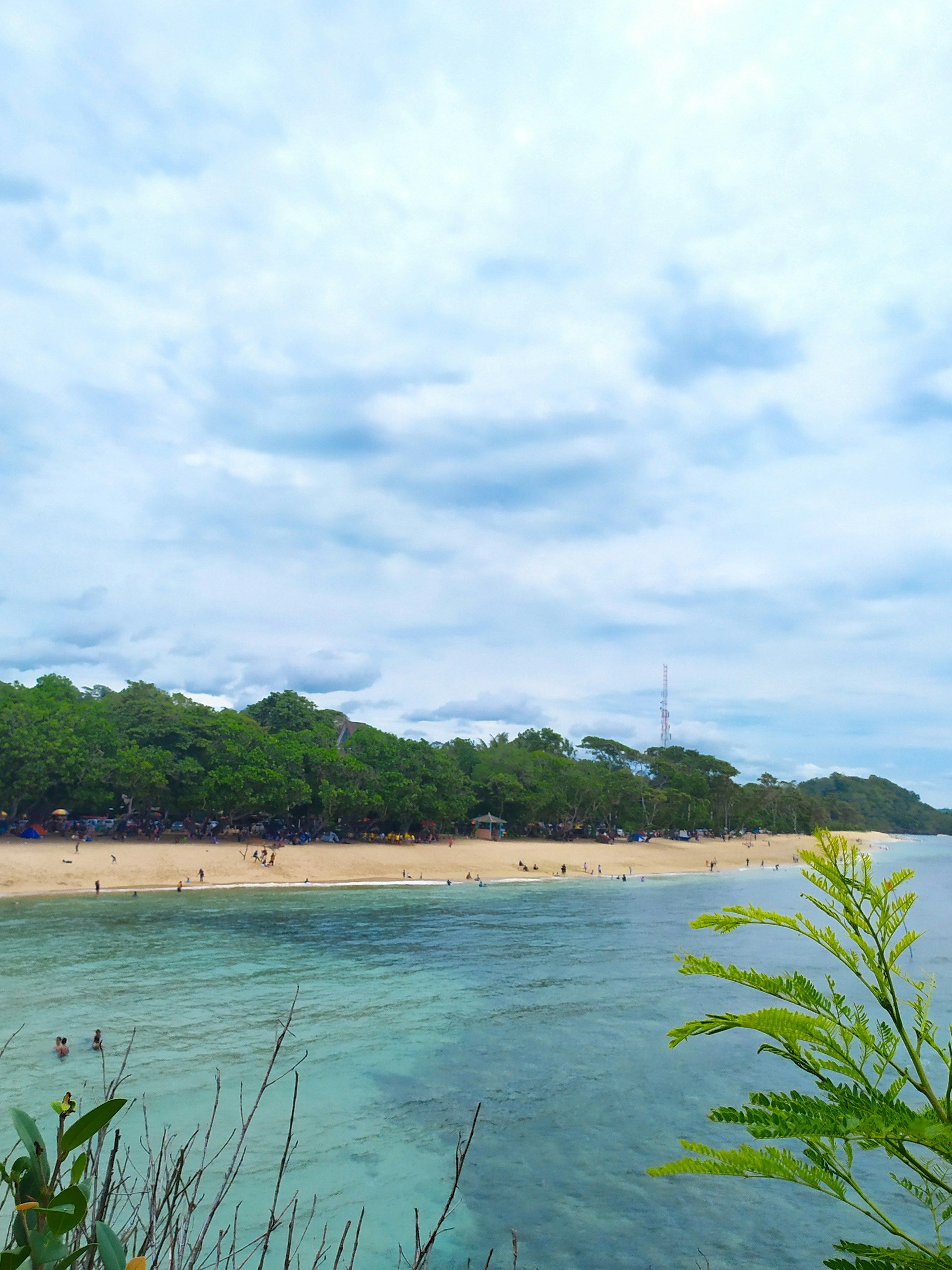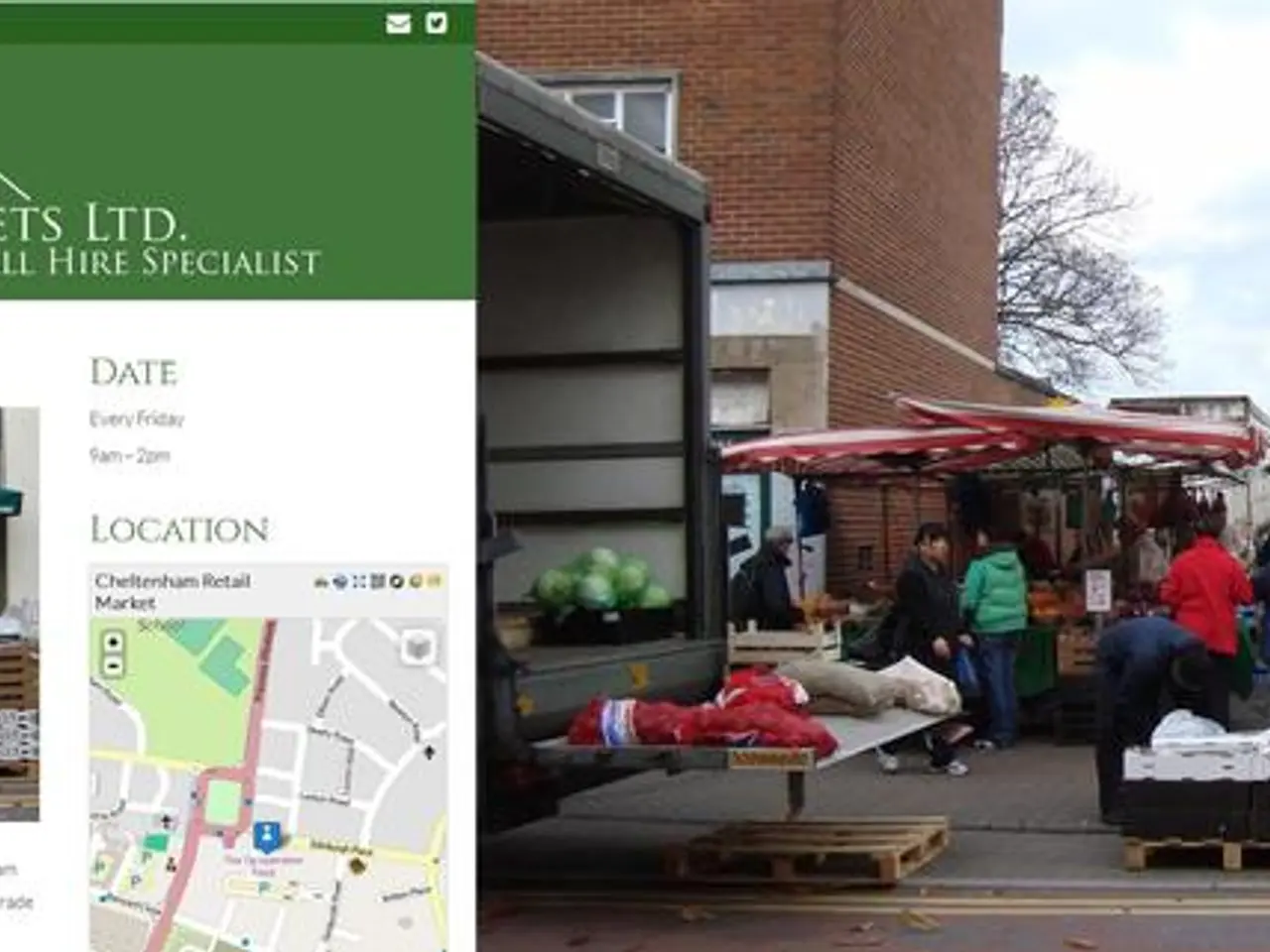Keeping the War Machine Rolling: Putin's Economy Caught in a Conflict Loop
Ultra-nationalist czar Putin encounters budgetary constraints under ceasefire conditions
The recent Russian-Ukrainian negotiations in Istanbul were as unproductive as US President Donald Trump's prediction: a futile dance of diplomacy. The meeting between Ukraine and Russia, the first in over three years, ended swiftly without any agreement to show for it. This wasn't a shock, considering Putin's indifference towards peace.
The War: A Political Toy for Putin
Politics dictates that Putin views the war as an essential tool for strength, bringing him closer to victory on the battlefield. Yet, it's not just the military situation fueling Putin's reluctance towards diplomacy. Another factor lies in the economy. The war economy he cultivated for the incursion into Ukraine has sealed his fate. Putin has boxed himself in, with little way out but a continuation of the conflict.
The Russian Economy: A Warrior at Heart
Since the assault on Ukraine, Putin has transformed the Russian economy into a battle-ready weapons factory. Defense spending now accounts for over 7 percent of the nation's output, and about a third of state expenditure is funneled into the defense sector. This focus has resulted in labor shortages across the board, as every available resource is absorbed by the arms industry.
The Paroxysm of War and Peace
The brutal reality of war has its economic perks, at least in the initial stages. As money pours into the military, hiring, and buying, the spending on weapons and soldiers acts like a powerful economic stimulus package. This adrenaline rush, however, has reached its peak. The Russian economy is teetering at the brink of its capacity limits. There are simply not enough workers to handle the construction, transportation, or policing duties, as more and more men are drafted as soldiers.
The Calamity of Ceasefire
If the weapons suddenly go silent and peace is declared, the Russian economy would experience a disastrous crunch. The economy is so intertwined with the production of tanks, rockets, and grenades that the abrupt halt in demand would send the country into a freefall. Such an economic downturn would be catastrophic, potentially dethroning Putin due to mounting social discontent.
A Soldier's Dilemma
With soldiers returning from the front lines, Putin would be grappling with an army of unemployed veterans, an issue reminiscent of the Soviet Union post-Cold War. Even the US post-WWII faced a "V-Day recession" due to the sudden demobilization of millions of soldiers, which led to a temporary but severe drop in the economy.
The EU Mulls Over Extreme Sanctions Against Russia
As Putin finds himself in a tight spot, the EU is considering taking drastic measures, including harsh sanctions against Russia. This could potentially cripple Russia's economy further, deepening the divide between Western countries and Russia.
Putin's Dilemma: Expand or Collapse
Faced with this precarious situation, Putin is left with a difficult choice. While Russia's resources are dwindling, Putin cannot afford to end the military spending spree. To sustain the military apparatus, Putin could opt for expansion into neighboring countries to reap new resources, mimicking the tactics of historical warlords like Julius Caesar and Napoleon. This could pave the way for increased fighting, ensuring the continued flow of funds and occupying Russian soldiers.
In essence, the war economy has trapped Putin into a vicious cycle, requiring him to continue the fight for the sake of his nation's survival. The Russian economy, captivated by the war effort, thrives on the violence, creating a symbiotic relationship between conflict and growth. Peace, while desirable, seems impossible as long as Putin remains entrenched in this economic labyrinth.
Sources: ntv.de
- Arms Industry
- Russia
- Attack on Ukraine
- Vladimir Putin
Enrichment Data:
- Economic Challenges: Despite a forecasted GDP growth of 1-2% in 2025, Russia faces economic difficulties, such as high inflation expected to reach 10%, caused by high interest rates and tariffs. This could lead to stagflation, resulting in low growth and high inflation.
- Sectoral Impact: While the defense sector experiences growth, the non-defense industry faces a slowdown, potentially affecting overall economic balance and stability.
- Long-term Outlook: The ongoing conflict has eroded Russia's economic growth potential and business environment, with investments moved towards the war effort instead of sustainable development. This imbalance could lead to long-term economic instability and social tensions.
- Impact on Putin's Power: The economic slowdown and high inflation could weaken public support for Putin's regime, especially among the roughly 20 million Russians living in poverty. Despite these challenges, Putin maintains control over key sectors through state spending and subsidies, allowing him to sustain the war effort.
- Potential Expansion into Neighboring Countries: The economic strain from the war could limit Russia's ability to fund large-scale military operations in neighboring countries. Geopolitical factors and international opposition could further hinder expansion efforts. However, Russia's military capabilities give it the leverage to maintain its influence in regions like Ukraine and potentially expand into neighboring areas, provided economic constraints are managed effectively.
- The community policy within Russia might need to address the welfare of the growing number of unemployed veterans, following the potential end of the ongoing conflict and the demobilization of soldiers.
- The employment policy in Russia is significantly influenced by the focus on the defense sector, with over 7% of the nation's output going towards defense spending and about a third of state expenditure funneled into the defense sector.
- The finance sector of various Western countries, particularly the EU, is contemplating extreme sanctions against Russia as a response to its ongoing involvement in war-and-conflicts, which could have significant impacts on Russia's business and economic stability.




